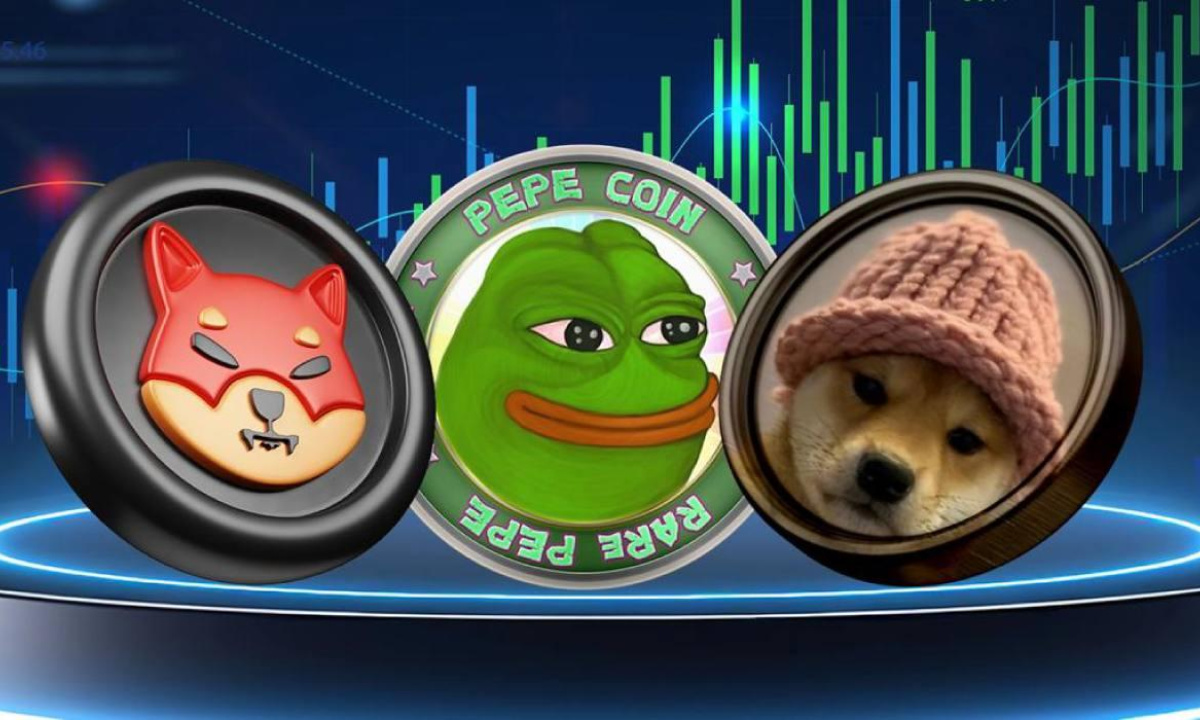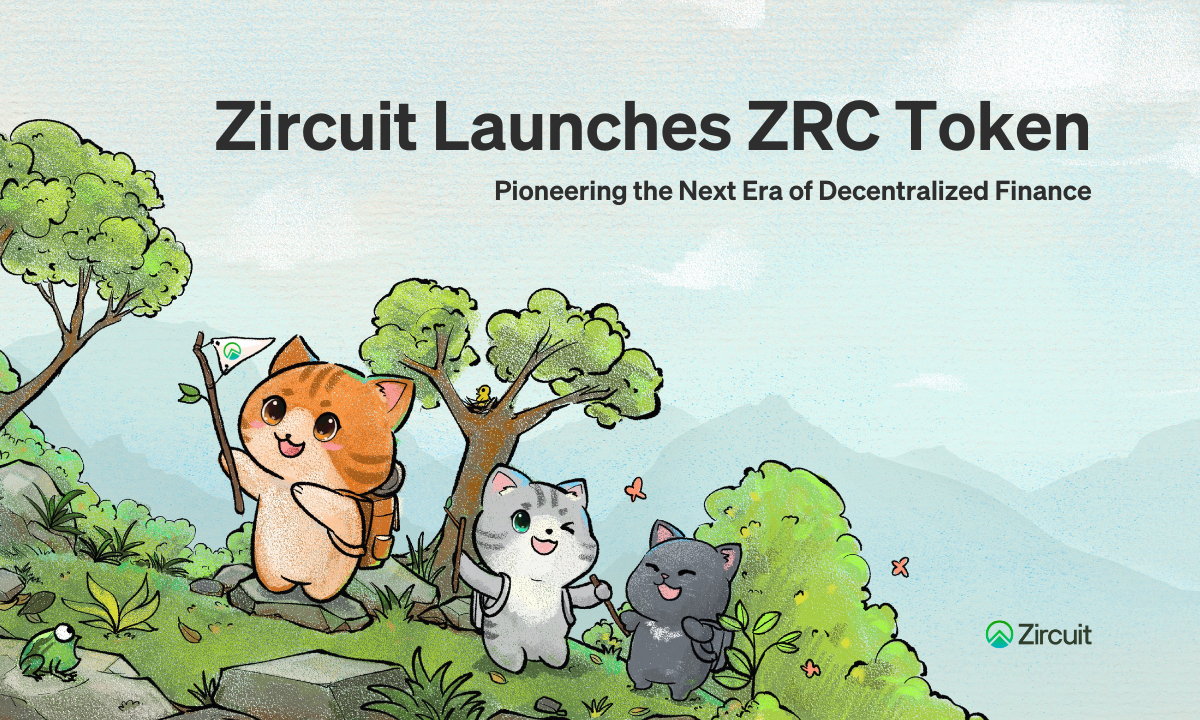Investing in Teams: Dogira Signals Evolving Crypto Standard
PRESS RELEASE. The anonymity afforded by the growing Web3 metaverse is a double-edged sword.
Many of the visions of blockchain gaming metaverses are unrealistic or require funds only the biggest Silicon Valley operations have access to, à la Facebook (now Meta).
Anonymous devs love to use the hottest crypto buzzwords to generate interest, which is something of a tell: they may not trust their experience, history, or real-life identities to inspire confidence in the future of their projects.
The more someone doxxed speaks at length, the easier it is to confirm their qualifications—a tricky wager to balance when they may not have the resources to bring their community’s dreams to life. More practically, doxxing an identity means taking ownership of the wins and the losses; something many people in the space are not willing to do.
After all, certain missteps would land the average person in prison.
In an industry overflowing with risk, Dogira ($DOGIRA) stepped up and doxxed every member of their team. They were willing to put their reputations on the line, aiming to revolutionize the world of blockchain gaming.
Back in March 2021, Dogira was one of a never-ending slew of dog-themed memecoins. It had all-to-familiar Ponzi tokenomics like buy and sell taxes, reflections for long-term holders, and the promise of a “moonshot” price increase.
The original team was a group of anonymous developers who were not expecting the token to catch on as well as it did. When popularity struck, they deliberated on abandoning the project.
During that time, Eoghan Hayes, the current Lead Developer and former Dogecoin developer saw an opportunity to recapture the Dogecoin spirit in a token built for utility. The original developers gladly handed the project over and a newer, more capable team took charge—with Eoghan at the helm.
Shortly after the current team took charge, the token experienced a parabolic leap and meteoric fall, paving the way for a fresh start.
By the end of April, the team’s Community Manager, Skyler Ramsey, was the only full-time member. Together with Eoghan and Dan Gooding, the Operations Manager, they worked to set the stage for fundamental change.
If Dogira was going to succeed, it would need to run like a tech start-up. Eoghan and his team resolved to spend the next five months building the infrastructure for a resounding thunderclap.
After a few weeks of intensive brainstorming, they approached the community with their vision. Dogira would transform into a blockchain gaming ecosystem powered by decentralized finance (DeFi).
And they knew to truly pave the way for a revolution, they would need to do it fully doxxed to their community.
Even as they added new team members (Mary Mabiruna – Lead Artist, Elijah MacDougall – Press, Dylan Engelman and Andrew Hilderbrand – Unity Developers working as Jupiter Lighthouse Games), the standard was the same:
“Own who you are.”
While Web3 offers anonymity for those who need it, the people leading the conversation ought not to hide behind colorful profile pictures and strange pseudonyms.
The Dogira team may paint a picture of a future where blockchain gaming is fun and play-to-earn games don’t feel like a chore, yet they ask their community to invest in who they are rather than what they hope to achieve.
Eoghan was the main driver of this philosophy.
Having contributed greatly to the evolution of Dogecoin and worked as an accomplished software engineer—for companies like Microsoft and Zendesk—he saw an opportunity to shift the cryptocurrency narrative from promise to pedigree.
When it came time to deploy their V2 ecosystem in September 2o21, the community was confident Dogira would take the industry by storm. Dogira relaunched on the Polygon ($MATIC) network, with a full-featured DeFi ecosystem being developed, along with the reveal of Dogira Studios.
The studio wing of Dogira is an in-house games development team dedicated to creating blockchain games that are far better than what’s available right now. Titles like Axie Infinity, Splinterlands, or any of the Metaverse titles like Decentraland and The Sandbox have all broken new ground in the industry, however, it can’t all be about play-to-earn models.
Dogira isn’t stepping up to dethrone the current metaverse titles, rather they’ve pinpointed the greatest failure of the current wave of blockchain games; many simply haven’t “found the fun” and created something worth playing.
Instead, Dogira holds itself to a standard, “Games first, blockchain second,” to ensure that they can find the fun and create a quality experience.
Of course, all of this would mean nothing if their team was hiding behind anonymity.
The Dogira team is careful to not show off anything until it’s ready, meaning the community needs something else to pull from to find confidence—the team’s qualifications. And it’s through facing the reality of who they are that has inspired true loyalty from those who follow the team’s efforts.
With the release of their staking ecosystem just around the corner, a proof-of-concept game on the way, and full-featured titles in development, Dogira may just shift the narrative of what blockchain gaming is.
They may even inspire a new wave of fully-doxxed and talented teams to take part in building the Web3 future.





